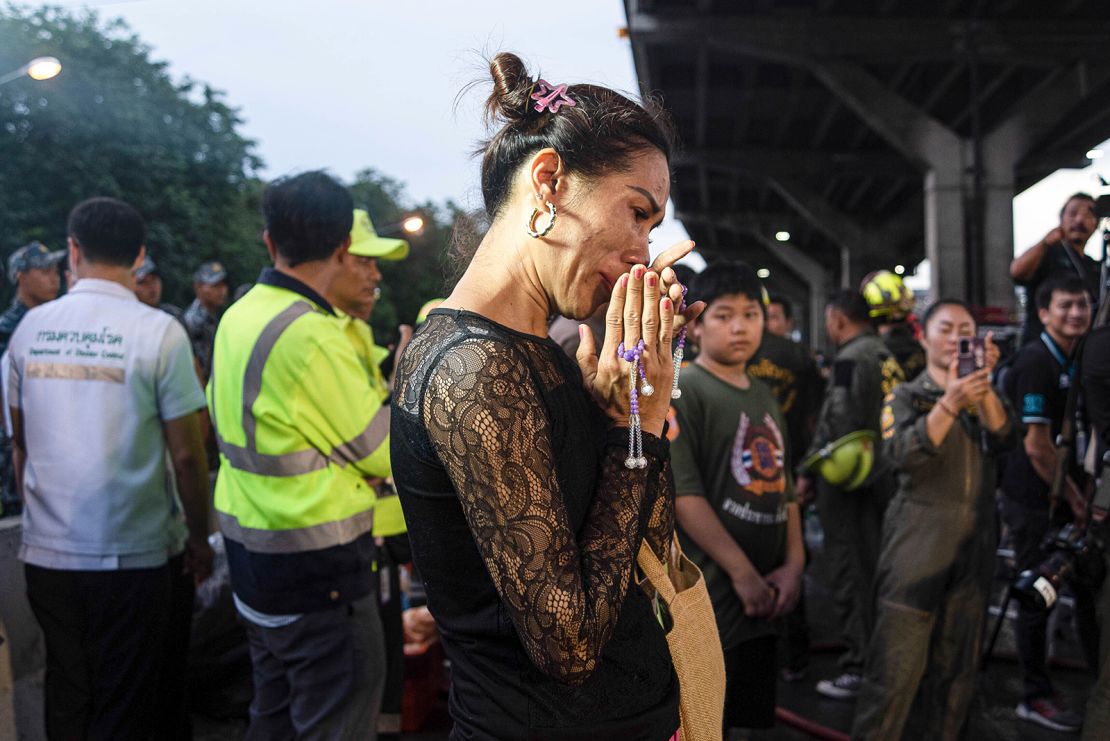Teen Kills Classmate Over Bus Dispute: A Tragic Story That Sheds Light On Escalating Conflicts
When we hear stories like "teen kills classmate over bus dispute," it hits hard, man. It's not just another headline; it's a wake-up call for all of us. Imagine this—two kids, classmates, with their whole lives ahead of them, and then one moment of anger spirals out of control. It's not just about the bus, but about how conflicts can escalate in a blink of an eye. This story isn't just a tragedy; it's a lesson we need to learn.
This incident didn't happen in some far-off land—it happened right here, in our communities. The details might vary, but the root cause remains the same: unresolved disputes, unchecked emotions, and a lack of communication. It's not just about the bus, but about the bigger picture of how we handle disagreements in our daily lives.
So, why are we talking about this? Because it matters. Because every life lost is one too many. Because we owe it to ourselves, our kids, and our communities to understand what happened and how we can prevent it from happening again. Let's dive in and unpack this story together.
Understanding the Incident: What Really Happened?
Let's break it down. The phrase "teen kills classmate over bus dispute" sounds almost surreal, doesn't it? But here's the reality: it's not just a random act of violence. It started with something as simple as a disagreement over seating arrangements on the bus. One kid wanted the window seat, the other didn't agree, and before anyone knew it, things escalated. Fast forward to the tragic outcome: one life lost, another ruined.
Key Details of the Incident
Here's what we know so far:
- The incident took place during the afternoon commute on a school bus.
- The two teens were classmates and had no prior history of conflict.
- The dispute began over seating arrangements and quickly turned heated.
- Witnesses reported that the situation escalated rapidly, with no intervention from adults or bus staff.
Why Did It Escalate So Quickly?
This is the million-dollar question, right? How does a simple disagreement turn into a life-altering tragedy? Experts say it's not just about the bus—it's about the underlying issues that often go unnoticed. Factors like stress, peer pressure, and a lack of emotional regulation can play a huge role in how conflicts are handled. In this case, it seems like both teens were caught up in the moment, with no one there to step in and mediate.
Factors That Contributed to the Conflict
Let's take a closer look at the factors that might have contributed to this tragic event:
- Lack of conflict resolution skills: Neither teen seemed equipped to handle the situation calmly.
- No adult supervision: The absence of a bus monitor or teacher on board meant there was no one to intervene.
- Peer pressure: The presence of other students on the bus might have added to the tension, making it harder for either teen to back down.
The Importance of Conflict Resolution Skills
Now, here's the thing: this tragedy could have been prevented. If both teens had been taught basic conflict resolution skills, they might have found a way to resolve their disagreement without things escalating. It's not just about teaching kids to "get along"—it's about equipping them with the tools they need to navigate conflicts in a healthy way.
What Are Conflict Resolution Skills?
Conflict resolution skills involve more than just saying "sorry." They include:
- Active listening: Really hearing what the other person is saying.
- Empathy: Putting yourself in someone else's shoes.
- Compromise: Finding a solution that works for both parties.
Preventing Future Tragedies: What Can We Do?
So, what now? How do we prevent incidents like this from happening again? It starts with education. Schools need to prioritize teaching conflict resolution skills, not just as an afterthought but as a core part of the curriculum. Parents also play a crucial role in modeling healthy communication and conflict resolution at home.
Steps We Can Take
Here are some actionable steps we can take:
- Implement conflict resolution programs in schools.
- Train bus staff and teachers to recognize and de-escalate conflicts.
- Encourage open communication between parents and children.
The Role of Mental Health in Conflict Resolution
Mental health is often overlooked in discussions about conflict resolution, but it's a critical piece of the puzzle. When kids are dealing with stress, anxiety, or other mental health issues, it can affect how they handle disagreements. That's why it's so important to create a supportive environment where kids feel comfortable seeking help when they need it.
How Can We Support Mental Health?
Here are some ways we can support mental health in our communities:
- Provide access to mental health resources in schools.
- Reduce the stigma around seeking help for mental health issues.
- Encourage open conversations about mental health at home and in the classroom.
The Bigger Picture: Societal Implications
This incident isn't just about two teens on a bus—it's a reflection of larger societal issues. From rising levels of stress and anxiety among young people to the lack of resources for mental health support, there are many factors at play. It's time for us to take a closer look at how we're addressing these issues and what we can do to create a safer, healthier environment for our kids.
What Does This Mean for Our Communities?
This tragedy serves as a wake-up call for all of us. It's not just about one incident—it's about the bigger picture. We need to come together as a community to address the root causes of these issues and work towards creating a more supportive environment for our kids.
Learning from the Past: Case Studies and Statistics
Let's take a look at some statistics and case studies that shed light on this issue:
- According to a study by the National Center for Education Statistics, 20% of students report being bullied at school.
- Another study found that students who receive conflict resolution training are 50% less likely to engage in violent behavior.
- Research shows that schools with comprehensive mental health programs report lower rates of violence and bullying.
Conclusion: Taking Action for a Safer Future
So, what have we learned? That "teen kills classmate over bus dispute" isn't just a headline—it's a call to action. It's a reminder that we need to do better for our kids, our schools, and our communities. By teaching conflict resolution skills, prioritizing mental health, and creating a supportive environment, we can prevent tragedies like this from happening again.
What can you do? Start by having conversations with your kids about conflict resolution. Encourage them to speak up if they're feeling stressed or overwhelmed. Advocate for mental health resources in your school district. Together, we can make a difference.
And remember, every life matters. Let's work together to create a safer, healthier future for all of us.
Table of Contents
- Teen Kills Classmate Over Bus Dispute: A Tragic Story That Sheds Light on Escalating Conflicts
- Understanding the Incident: What Really Happened?
- Key Details of the Incident
- Why Did It Escalate So Quickly?
- Factors That Contributed to the Conflict
- The Importance of Conflict Resolution Skills
- What Are Conflict Resolution Skills?
- Preventing Future Tragedies: What Can We Do?
- Steps We Can Take
- The Role of Mental Health in Conflict Resolution
- How Can We Support Mental Health?
- The Bigger Picture: Societal Implications
- What Does This Mean for Our Communities?
- Learning from the Past: Case Studies and Statistics
- Conclusion: Taking Action for a Safer Future


